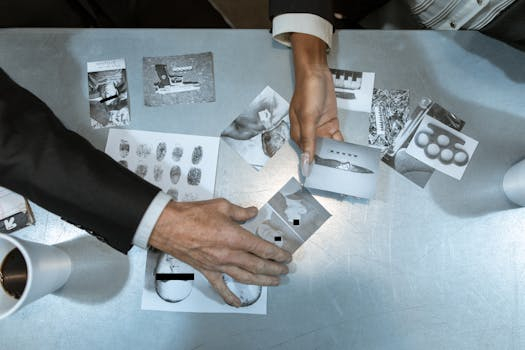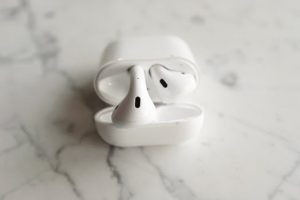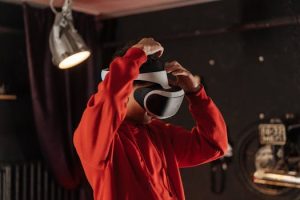Quantum Sensors: Detecting the Previously Undetectable
Quantum sensors may sound like something out of a science fiction movie, but they are a very real and revolutionary technology. These sensors use the principles of quantum mechanics to detect and measure incredibly small physical quantities, such as forces, magnetic fields, and light. They are so advanced that they can detect things that were previously impossible to detect with traditional sensors. From medical advancements to environmental monitoring, the possibilities with quantum sensors are endless. Let’s dive into the world of quantum sensors and discover how they are able to detect the previously undetectable.
The Basics of Quantum Sensors
To understand how quantum sensors work, we first need to understand the basics of quantum mechanics. In classical physics, everything is measurable and predictable. However, in the quantum world, things behave differently. The laws of quantum mechanics state that particles can exist in more than one state at the same time, and they can also become entangled with each other, meaning that their state is dependent on each other even when separated by great distances. This can seem counterintuitive, but it’s what makes quantum sensors so powerful.
Quantum sensors use this quantum behavior to their advantage. They are made up of microscopic devices, such as superconducting circuits or optical traps, that interact with and measure the quantum states of particles. By doing so, they can detect the slightest changes in these particles and convert them into measurable signals.
Applications of Quantum Sensors
One of the most exciting applications of quantum sensors is in medical diagnostics. Traditional sensors are limited in what they can detect, but quantum sensors can pick up on biomolecules and chemical reactions at the molecular level. This allows for incredibly precise and early detection of diseases, paving the way for more effective treatments and potentially saving lives.
Another area where quantum sensors are making a big impact is in environmental monitoring. By detecting and measuring tiny changes in the environment, they can help with things like early detection of natural disasters, monitoring air and water quality, and even studying the effects of climate change. With the increasing need for sustainable living, quantum sensors are becoming essential tools.
The Power of Quantum Sensors for Security
Quantum sensors are also being used for security purposes, particularly in the field of cryptography. Traditional encryption methods are becoming vulnerable to hacking, but quantum encryption offers a high level of security due to the laws of quantum mechanics. By using quantum sensors, encryption keys can be generated and shared in a way that prevents them from being intercepted or deciphered by hackers.
Additionally, quantum sensors are also being used to detect and track objects in space. By utilizing quantum entanglement, scientists can detect and measure the properties of particles in two different locations simultaneously, allowing for more precise and efficient remote sensing. This technology is being utilized for space exploration, navigation, and even to aid in climate research.
The Future of Quantum Sensors
With all of these advancements and applications, it’s clear that quantum sensors are just scratching the surface of their potential. In fact, experts predict that quantum sensors will continue to improve and become even more sensitive and accurate in the coming years. This will lead to significant advancements in multiple industries, from healthcare to security to space exploration.
In conclusion, quantum sensors are a game-changing technology that has the potential to revolutionize many aspects of our lives. By using the principles of quantum mechanics, they are able to detect and measure things that were previously undetectable, paving the way for new discoveries and innovations. It’s an exciting time to be at the forefront of this technology, and we can’t wait to see where quantum sensors will take us in the future.










